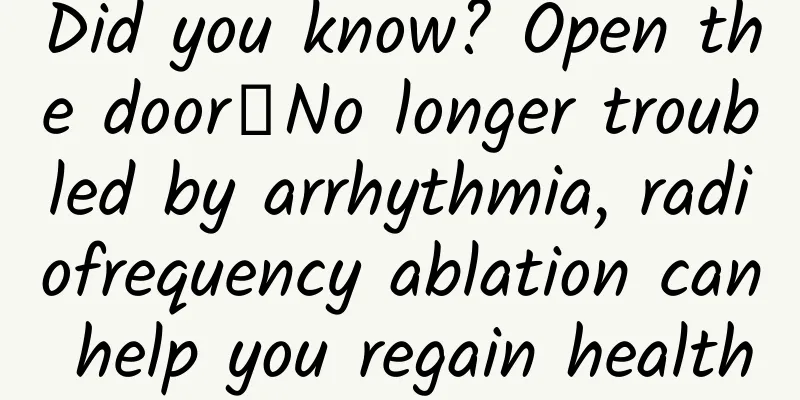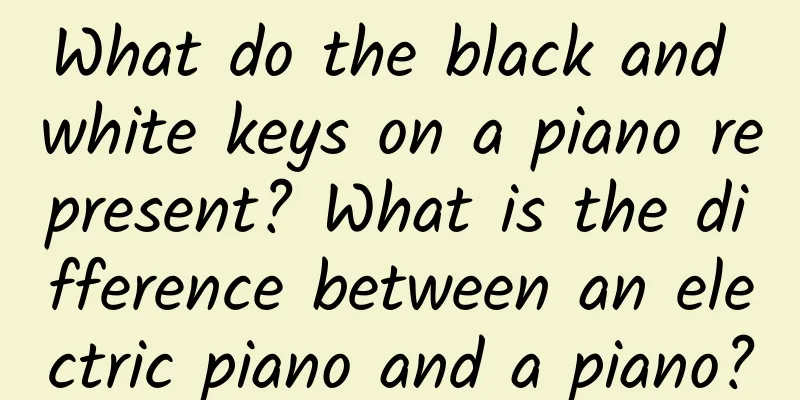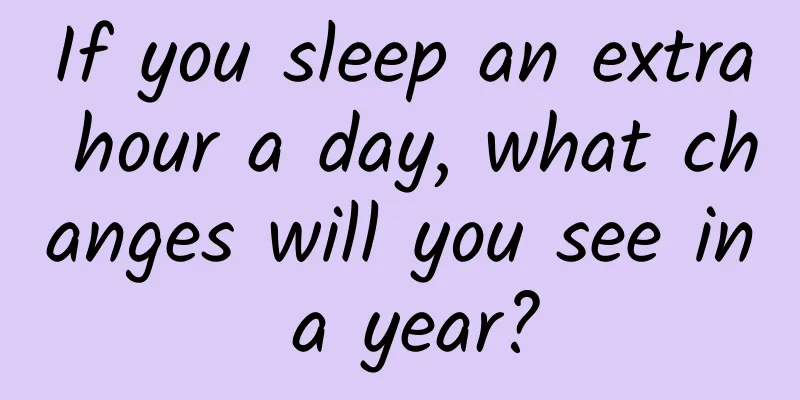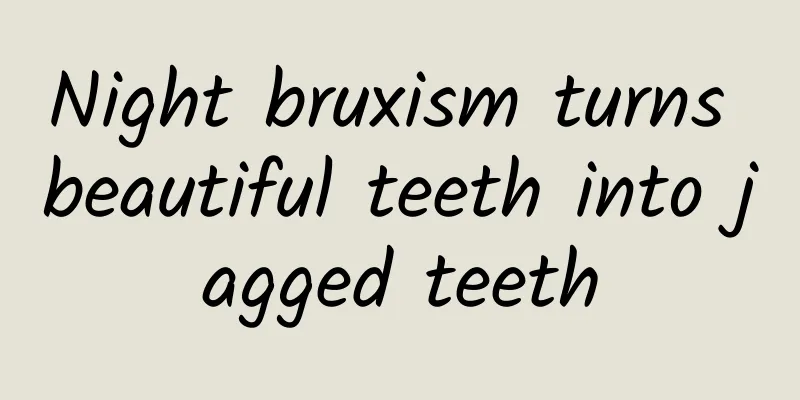Did you know? Open the door┋No longer troubled by arrhythmia, radiofrequency ablation can help you regain health

|
Contributors: Zheng Meijuan, master's student in cardiovascular medicine, the First Clinical Medical College of Xinjiang Medical University; Yang Yuchun, associate chief physician of the Department of Comprehensive Cardiology, the First Affiliated Hospital of Xinjiang Medical University. Review expert: Muhuyati, deputy director of the Health Management Professional Committee of the Xinjiang Medical Association; professor and chief physician of the Department of Cardiology, the First Affiliated Hospital of Xinjiang Medical University. Q: What is cardiac radiofrequency ablation? A: Radiofrequency ablation is a non-surgical treatment for cardiac arrhythmias that uses high-frequency electrical currents to disrupt abnormal electrical circuits in the heart, thereby restoring normal heart rhythm. Q: What is arrhythmia? A: Arrhythmia is a heart problem that causes the heart to beat too fast, too slow, or irregularly. In some cases, arrhythmia can lead to serious complications such as fainting, heart failure, or stroke. Q: Where should cardiac radiofrequency ablation be performed? A: Radiofrequency ablation is usually done in a hospital. Your doctor will insert a long, thin catheter through your leg or neck and then guide it into your heart. Q: Is cardiac radiofrequency ablation safe? A: Cardiac radiofrequency ablation is a safe and effective treatment, but it also has certain risks, such as heart perforation, bleeding, infection, and arrhythmia. Therefore, before undergoing cardiac radiofrequency ablation, patients should discuss the risks and benefits of treatment with their doctors and follow the doctor's advice. Q: How effective is cardiac radiofrequency ablation? A: Cardiac radiofrequency ablation can significantly improve the quality of life of patients with arrhythmias and restore normal heart rhythm. However, the specific effect depends on the patient's condition and the complexity of the treatment. Q: What should I pay attention to after cardiac radiofrequency ablation? A: After cardiac radiofrequency ablation, patients need to follow the doctor's advice, pay attention to rest and recovery, and avoid strenuous exercise and heavy lifting. At the same time, patients also need regular review and follow-up to ensure the treatment effect and health status. Q: Which is better, cardiac radiofrequency ablation or drug therapy? A: Both cardiac radiofrequency ablation and drug therapy can treat arrhythmias, but the specific treatment method depends on the patient's condition and the severity of the disease. Generally speaking, for some difficult-to-control arrhythmias, cardiac radiofrequency ablation is a better choice. Q: Who is suitable for cardiac radiofrequency ablation? A: Cardiac radiofrequency ablation is suitable for arrhythmias such as paroxysmal supraventricular tachycardia, premature ventricular contractions (premature beats), ventricular tachycardia (VT), atrial flutter, atrial fibrillation, etc., especially for patients whose arrhythmias cannot be controlled by drug therapy. |
<<: If a child takes antipyretic medicine and then vomits, does he need to take it back?
>>: What to do if you have cholecystitis and bloating
Recommend
What kind of mung bean sprouts are poisonous? Are mung bean sprouts alkaline foods?
Mung bean sprouts are cold food. Eating too much ...
Are there any side effects of weaning injections?
Everyone knows that babies need to be weaned afte...
"Coming from South to North" What kind of eye disease is the "uveitis" that Old Wu suffers from?
Recently, the TV series "South to North"...
Can I take a shower during my period in summer?
Some people believe that women’s physical conditi...
How long does it take for a woman to have her period after giving birth?
Every woman will have menstruation, but some peop...
What to do with backache during menstruation
Back pain during menstruation is a symptom that m...
The best time to wear a ring
I believe everyone has heard of the contraceptive...
GameIndustry: 40% of South Africans play games
It’s no secret that Africa’s youth population is ...
Will staying up late make your breasts smaller?
Nowadays, people often stay up late for various r...
5 steps to teach you how to take care of your skin
In winter, the climate is dry, so the skin tends ...
What type of anterior uterine fibroids are
Uterine fibroids on the anterior uterine wall are...
Why should college students learn etiquette? Basic etiquette in interviews
There is a saying that "cultivate within and...
What kind of hairy crab is delicious? What are the requirements for choosing hairy crab?
Hairy crabs are a popular delicacy. They can be c...
Eleven tips to easily eliminate breast swelling
What should you do if you have breast pain, feel ...
How many days is normal for bleeding after curettage?
In daily life, due to lack of carefulness, it is ...









